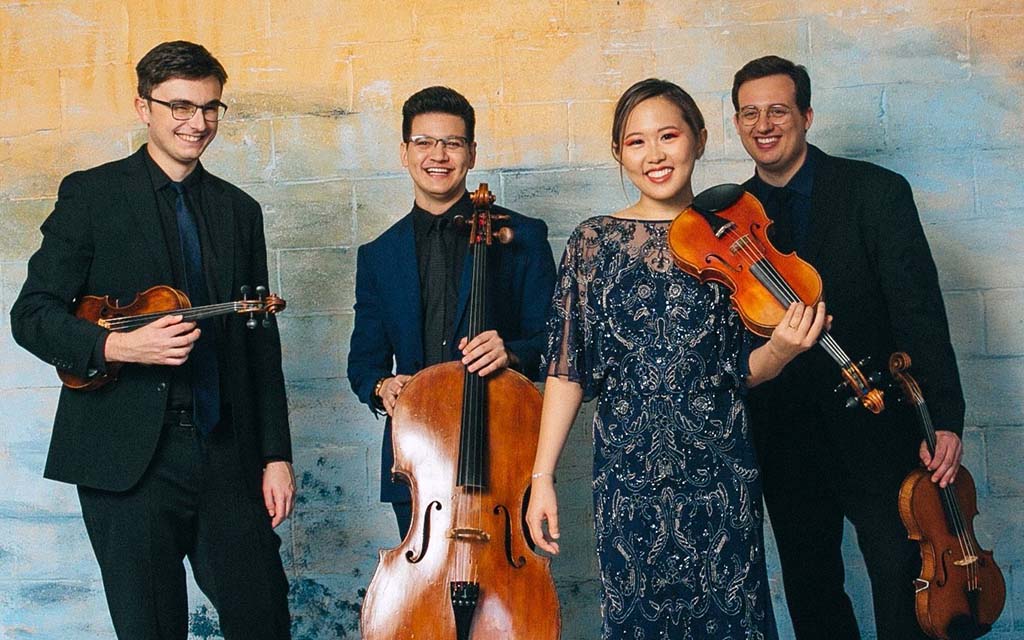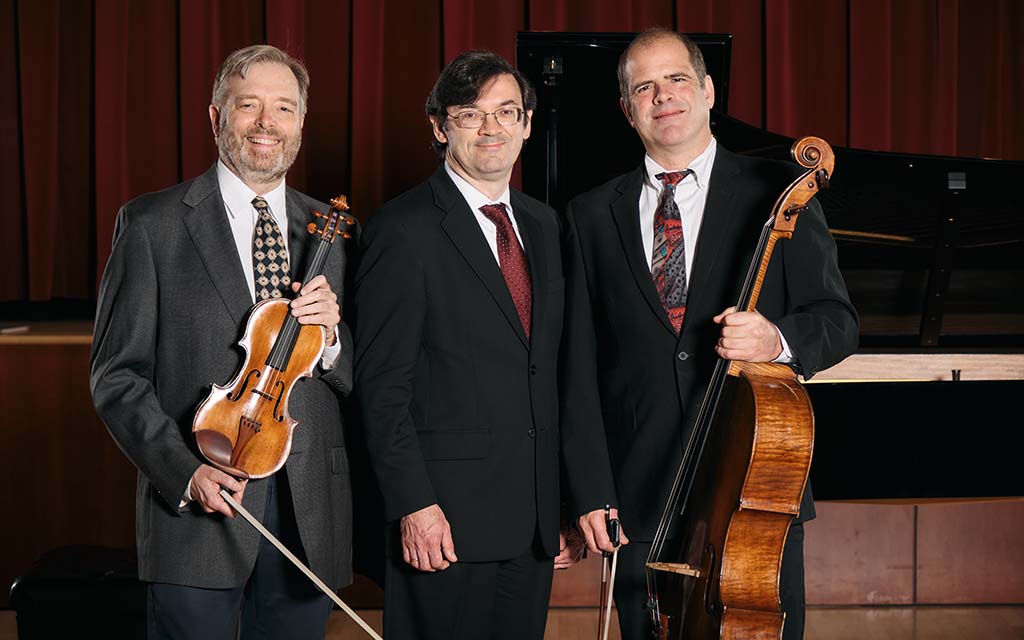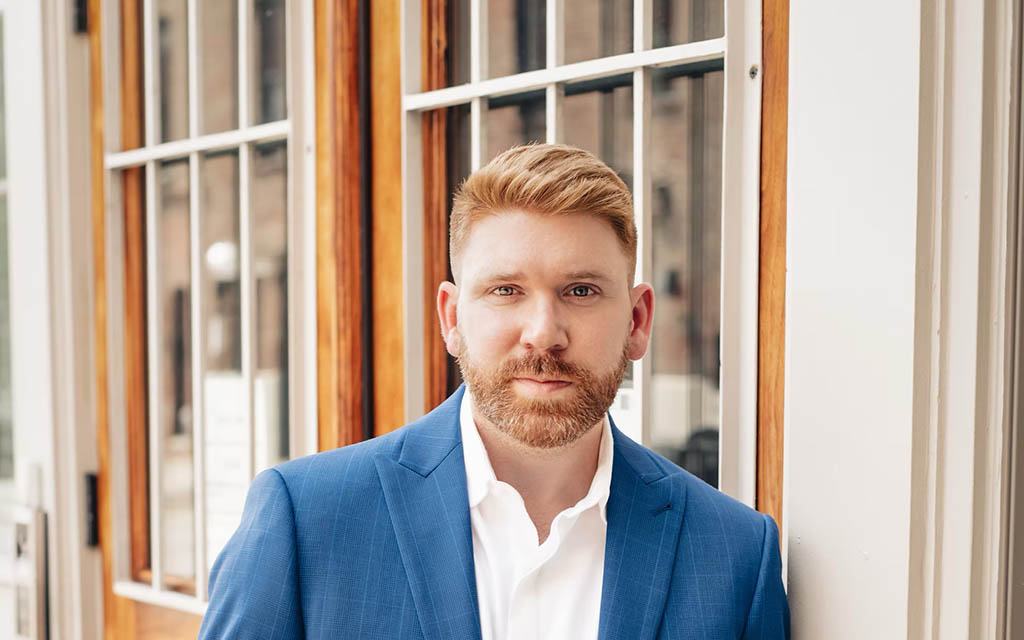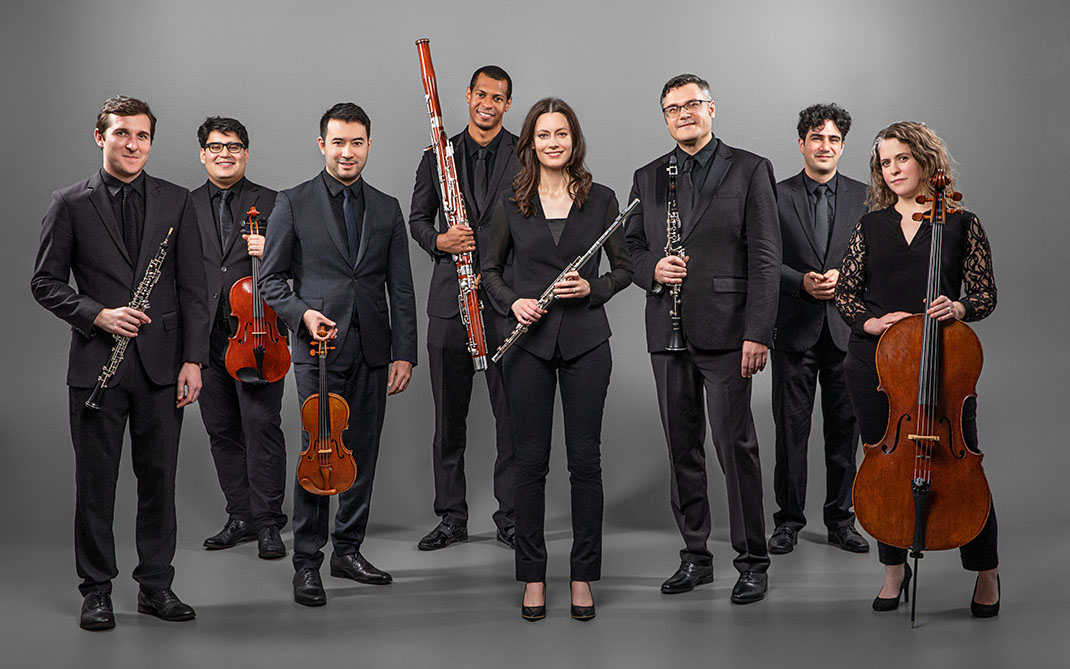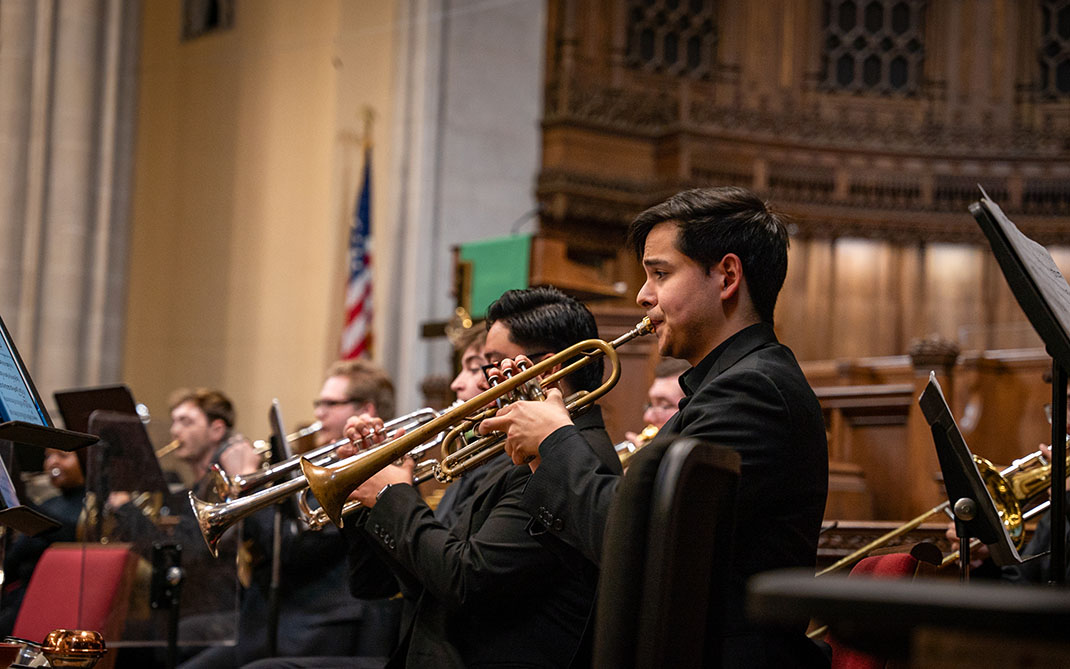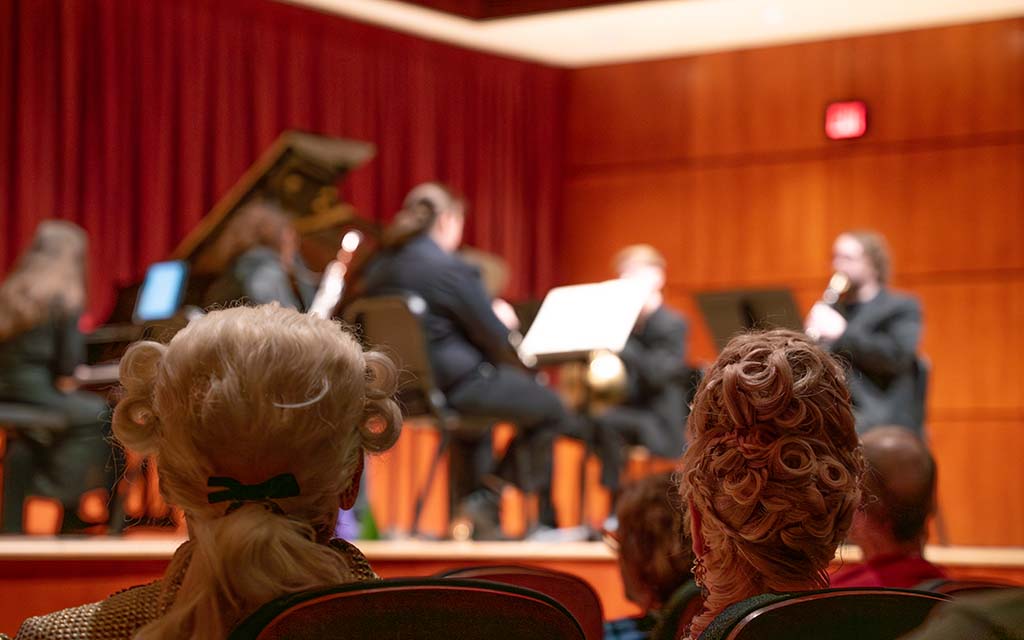The Conductor's Perspective with Robert Franz
The views and opinions expressed by speakers and presenters in connection with Story Behind the Sound are their own, and not an endorsement by the UNC School of the Arts. This interview has been edited for length and clarity.
Alumnus Robert Franz's world has revolved around sound; from learning to play his first instrument to conducting symphonies across North America, music has shaped his work and life. Along the way, he's discovered a love for educating and connecting audiences of all ages to classical music.
The other side of the baton
Franz first came to UNCSA in the 1980's for his Bachelor of Music in oboe performance, where he quickly became a successful oboist. Then, in his junior year, his career trajectory took a sudden turn.
"I thought 'If I'm going to be a great oboist some day, I need to know what it's like on the other side of the baton,'" Franz remembers. "So I took a conducting class, and that's where I discovered that was my passion. From that moment on I was hooked — I knew that being a conductor was really the essence of me."

Franz had found his passion, but even he had to first learn what being a conductor means. The public side of conducting — leading an orchestra on stage — is only about 20% of the job, he says. The other 80% is spent in his study, researching.
"As a conductor, your job is really to be the conduit of the musicians on stage and
help to focus the sound and the music and bring it to life in one direction," he explains.
"So you bring all of these thoughts, these emotions, these feelings, these expressions,
and you funnel them into what you hope is the intention of the composer."
To understand a conductor's intentions, Franz starts by opening the score, which inevitably leads to a series of questions. "All composers have these idiosyncrasies and aspects of their lives," he says. "It's our job as musicians to unearth, to uncover and to try to discover the essence of a composer."
It's our job as musicians to unearth, to uncover and to try to discover the essence of a composer.
Robert Franz
To do so requires both a deep understanding of history and of music. "Part of it is reading about their lives, understanding the period they lived in, the friends they kept, the kind of things they did. Understanding music that inspired them, understanding music that they inspired," Franz says. "Then, you have the technical aspect."
Discovering how to listen
But Franz's work isn't all pouring over scores and history books or leading symphonies onstage. He has a second musical passion: education. After graduating with his Master of Music in conducting, Franz was asked to participate in a project integrating classical music into elementary school curriculum. Once again, his career was about to be set on a whole new track.
Franz and his team developed dozens of programs for the project, teaching students part of their regular curriculum by using classical music. After three years, the students took a state standardized test. The year before the project started, 44% of the students had passed the test. After the students went through the program, 88% passed.
Through classical music, Franz's team had developed high-level active listening skills in the students, a key to being a good reader. They discovered that their students had developed reading skills that were 1-3 levels above their actual grade.
Franz was astounded. "I thought 'This is really something else,'" he remembers. "We can teach as conductors and musicians Beethoven did this and Telemann did that, but really, at the core of who we are, we're sound. And if we can teach young ears how to actively listen, those skills can then be transferred to every other aspect of their lives."
The project transformed Franz's work. Since, he has created thousands of programs for kids in multiple states and countries based on the concept of active listening, and even gave a TEDX Talk, "Active Listening and Our Perception of Time."
The key to happiness
"I used to think that being successful meant you would create your destiny, and I don't think that anymore," Franz says. "I think that being prepared allows you to take advantage of opportunities that appear, thereby creating your destiny. It's been the key to my happiness quite frankly."
One of the opportunities he's recently embraced is returning to UNCSA to be Music Director of the UNCSA Symphony Orchestra. After decades away, Franz says conducting for the university's symphony was like coming home in the most glorious way. "I felt completely at home, completely comfortable, completely invigorated and excited," he describes.
You can hear more about Franz's life and experiences in the full episode, and practice your own active listening skills at the next UNCSA Symphony Orchestra performance.
Get the best news, performance and alumni stories from UNCSA.
SUBSCRIBE TO OUR NEWSLETTERS(OPENS IN NEW TAB)(OPENS IN NEW TAB)(OPENS IN NEW TAB)(OPENS IN NEW TAB)(OPENS IN NEW TAB)(OPENS IN NEW TAB)(OPENS IN NEW TAB)(OPENS IN NEW TAB)(OPENS IN NEW TAB)(OPENS IN NEW TAB)(OPENS IN NEW TAB)(OPENS IN NEW TAB)
October 30, 2023
October 30, 2023
